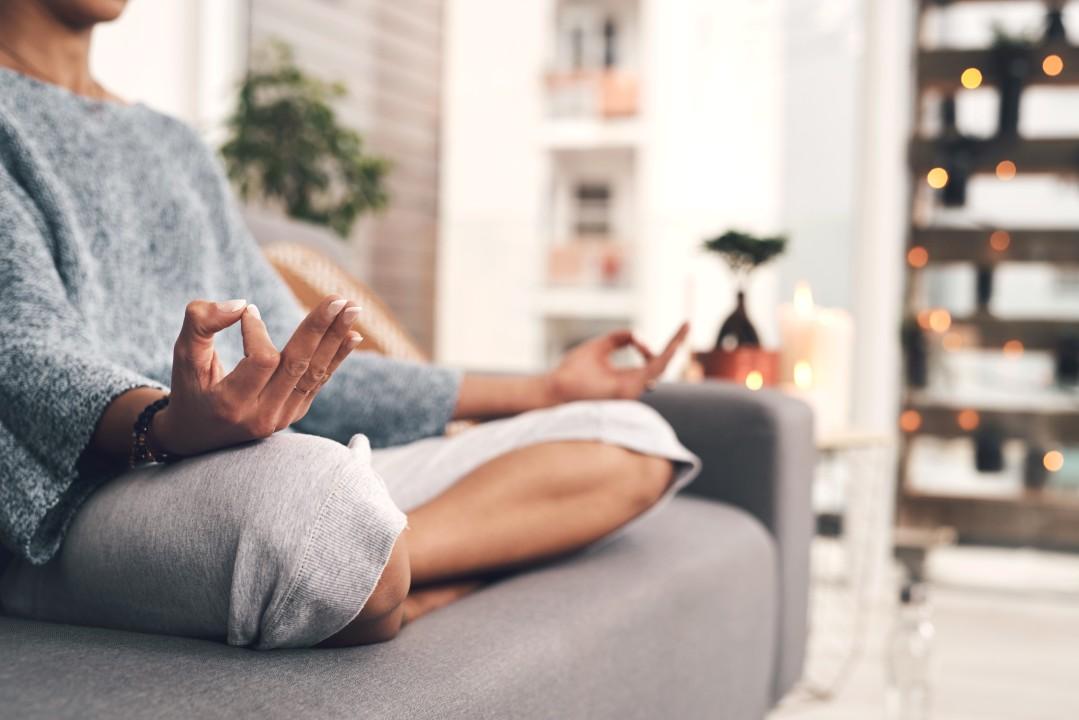Physically Distant, Yet Socially Close: Coping With COVID-19
by Husseini Manji, M.D., F.R.C.P.C., Global Therapeutic Head, Neuroscience at The Janssen Pharmaceutical Companies of Johnson & Johnson

Originally published on LinkedIn
I hope that everyone is staying safe and healthy as we strive to adapt to these challenging circumstances. The COVID-19 pandemic is placing a heavy burden on all of us in many ways -- including our mental health.
It is absolutely normal to feel fear, anxiety and stress related to COVID-19. In these times of uncertainty, we feel powerless. We fear for our health and that of our loved ones. For many of us, these are times of financial hardships. We are struggling to balance the demands of work and the needs of our families.
We are inherently social beings, and the isolation created by social distancing and “shelter in place” orders can lead to depression. The fact is, stress is a biological and psychological response experienced when we encounter a threat and feel that we do not have the resources to deal with it. At that point, all of these factors together can make life overwhelming.
One important way to stay mentally healthy during these difficult times is to remain physically distant, but socially close. Technology can help us stay connected with family and friends through phone calls, FaceTime, and other virtual gatherings. It is important to have open and honest conversations with loved ones about what they and you are feeling.
Monitoring You & Your Loved Ones’ Mental Wellness
Watch for the telltale signs of stress in yourself and others, such as difficulty sleeping and concentrating, a change in eating habits, or an increase in tobacco, alcohol or drug consumption. Those who are particularly vulnerable during this stressful time are older people, those with conditions that put them at higher risk for COVID-19, children, first responders, healthcare workers, and people who have mental health conditions, such as depression and anxiety.
Watch for anything that is making it impossible to get on with daily activities, for instance if you or a loved one is constantly worried, checking their temperature, or immersed in news coverage of the pandemic. Other signs include becoming highly anxious, experiencing insomnia, or physical complaints like headaches or stomachaches.
Prioritizing Physical & Mental Wellness
Here are some things you and your loved ones can do to remain physically and mentally healthy:
- Stay informed by listening to credible resources like the World Health Organization and the Centers for Disease Control and Prevention.
- Eat well, exercise, get plenty of sleep, and try to make time for activities you personally enjoy.
- Know your local resources, including food banks, crisis lines and virtual options to connect with a healthcare professional.
By caring for one another and ourselves, we will all get through this together.
For more information about Johnson & Johnson’s COVID-19 response efforts, visit https://www.jnj.com/coronavirus.

